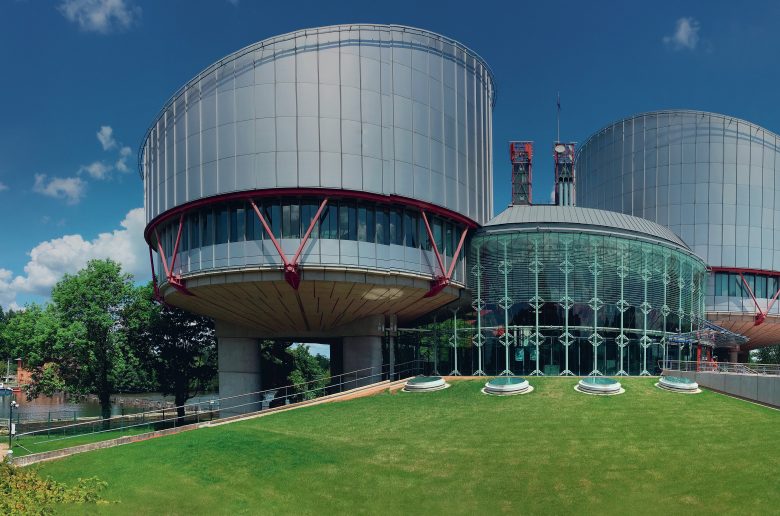
This article is especially relevant for students preparing for AQA Unit 4: Concepts of Law and WJEC AS Unit 1 and A2 Units 3 and 4. It is intended to encourage discussion and debate of the balancing conflicting interests, justice and fault topics.
Anti-terrorism legislation is perhaps the greatest challenge for any policymaker because the stakes are so high. It is an area of law that provokes exploration and discussion of the key concepts of justice, balancing conflicting interests and fault. At the 2014 Conservative Party conference, Home Secretary Theresa May announced proposals for banning orders to restrict aspects of liberty, which could be imposed on individuals regarded by the government as ‘extremists’, even if these individuals had not committed any offence. The measure was a response to fears that young people were becoming ‘radicalised’ because not enough was being done to prevent extremist messages being spread in society.
Your organisation does not have access to this article.
Sign up today to give your students the edge they need to achieve their best grades with subject expertise
Subscribe




